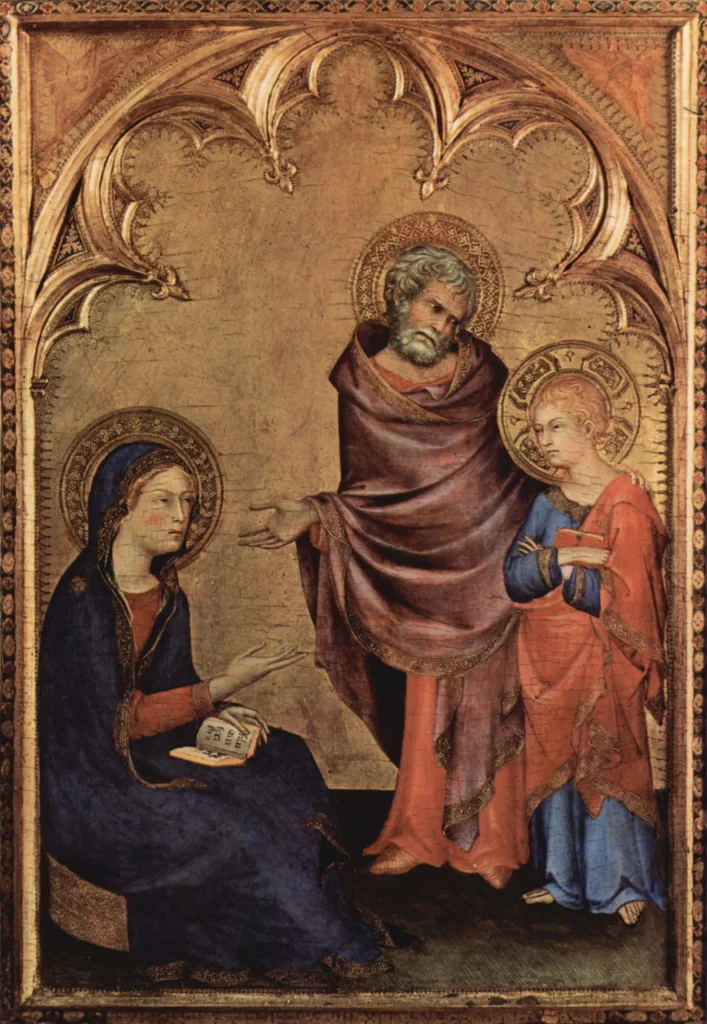“Now there was a famine in the land.”
Abram was able to go to Egypt and sojourn there to find bread. But where would we go if there were “not a famine of bread, nor a thirst for water, but of hearing the words of the Lord”? Would we not “wander from sea to sea, and from north to east”? [Amos 8: 11-12]
Abram’s descent to Egypt foreshadows the crucible through which his descendants must pass: the crucible of humility, becoming dependent upon the nations for bread. This indicates that the faithful, who have been given the bread of God’s Word, should not claim superiority over those who are in ignorance. Rather, they should commend them to God, since the faithful rely upon them for bodily sustenance. In this way, the knowledge of God will come to the nations.
It is notable that, amidst the distress of the famine, Abram does not return to the Haran, the comfort of the familiar, but presses on to Egypt. Having put his hand to the plow [cf. Lk. 9: 62] and begun to cultivate the ground of his heart with the figurative gospel plow of true belief in One God, Abram does not look back to Assyria, Ur or Haran. Indeed, he exacts a promise from his servant illustrating his resolve: “See to it that you do not take my son back there.” [24: 6, 8] Since, in Biblical language, the word ‘son’ often stands for our thoughts and words, we who have renounced the world should not allow our thoughts to go back there. A servant may bring a wife for our son from the world, but she must return to dwell in the Promised Land of the cloistered heart; that is to say, we must “take every thought captive to obey Christ.” [1 Cor 10: 5]
